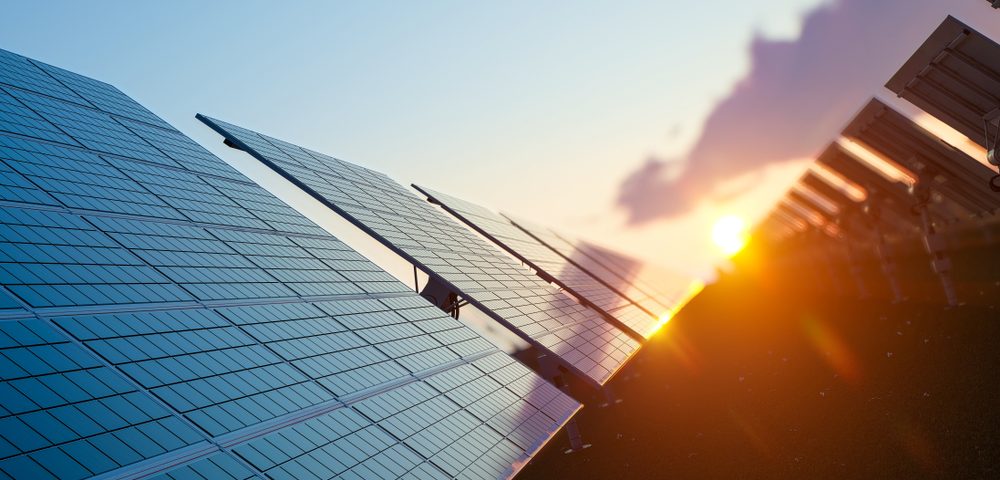Are you wondering which batteries are ideal for solar power storage? If so, this article will answer all your questions so please read on.
Since there is no one-size-fits-all answer when it comes to choosing the best solar batteries for solar storage, you should consider your specific goals and budget when choosing a quality battery.
There are different types of batteries to store solar power for your farm. The capacity of the battery is important when selecting the best battery for your solar system. The capacity is the amount of electricity the battery can store.
It’s measured in kilowatt-hours (kWh). The greater the capacity, the more energy the battery will hold. The power of the battery is the energy it could offer at a specific moment. This is measured in kW or kilowatts.
These are important factors to look for when choosing the best solar battery for your farm. DoD or Depth of Discharge is the percentage of specific battery’s charge you will be using.
Most manufacturers don’t recommend that you use 100% of the battery’s power. If you use 100% of the battery’s power, you will shorten its lifespan significantly.
You should buy a battery with a higher DoD so that you can use a greater percentage of the battery’s power. The life of the solar battery is another important factor to consider when buying a quality solar battery for your farm.
This article provides information on what are the best batteries used for farm solar power systems.
- Lithium-Ion Batteries
- Lead-Acid Batteries
- Saltwater Batteries
Lithium-Ion Batteries
Lithium-ion batteries are the most sought after for solar storage. They have become more affordable lately as Tesla is spearheading the development of these batteries for their electrical vehicles.
Lithium-ion batteries have a much higher DoD compared to lead-acid batteries. You can make more use of the lithium-ion battery’s charge to power your farm due to this reason.
Lithium-ion doesn’t produce any toxic gas similar to lead-acid batteries. They are more eco-friendly compared to the latter. The lighter weight of the battery means easy installation and they are easier to maintain.
Lead-Acid Batteries
Lead-acid batteries have been popular for more than 100 years and have been used in solar systems for many decades.
Lead-acid batteries are available in different types like wet-cell, gel-cell, and AGM (absorbed glass mat) batteries. Wet-cell deep cycle batteries are the best for solar systems. They provide dependable storage at a lower cost.
However, these batteries should be refilled with water on a regular basis to avoid the electrolytes from evaporating when charging.
AGM and gel-cell batteries don’t require extensive maintenance like wet-cell batteries, but they are more expensive and come with a shorter battery life.
Lead-acid batteries have shorter battery life and DoD (60%) compared to lithium-ion batteries.
Saltwater Batteries
Sodium or saltwater batteries use salt to produce the required power. They produce non-toxic power for a long duration. That’s why saltwater batteries are popular in the solar industry.
Sodium batteries can be drained, unlike lead-acid and lithium-ion batteries. Saltwater batteries operate in a much broader temperature range without any risk of fire.
These batteries are fully recyclable compared to lithium-ion and lead-acid batteries. Saltwater batteries are more expensive than lead-acid but cheaper than lithium-ion batteries.
Saltwater batteries offer less in terms of power and capacity compared to lithium-ion. If you are concerned about safety, saltwater batteries are the best for your farm solar power system.
Are you looking to go solar or utilise an off-grid battery system in your home?
At Choose Solar, we provide purpose-built mounting equipment for the solar power industry as well as high-quality solar batteries and inverters and are your number one choice.
We have been supplying and installing farm solar power battery systems across Australia for the past 20 years.
For all your solar installation and solar power needs, please call us today on 03 9761 5371 or send us a message through our contact page.

